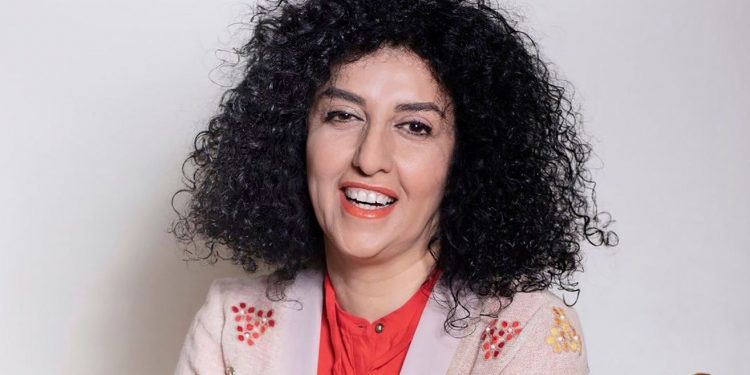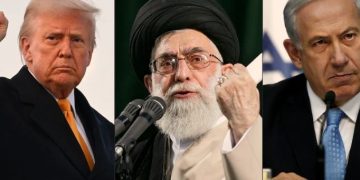It is certainly a piece of good luck that in these troubled times the message of peace has preceded the sound of war drums. It is also a queer coincidence that the theatres of war and peace this time are located in the heart of the Middle East. The world, especially its women population, was elated when a prisoner, an activist for women’s rights and human rights Narges Mohammadi of Iran was proclaimed the winner of this year’s Nobel Peace Prize October 6. But, before the euphoria over the crowning glory of brave women fighting against the tyranny of men – both bigoted rulers and male chauvinists – could be over, peace was shattered by the declaration of war by Israel against the Hamas of Palestine for the latter’s rocket attacks October 7 on an unprecedented scale targeting southern Israel.
The selection of the winner of the Nobel Peace Prize has for some years been a subject of controversy and debate. In the process the Nobel committee has been accused of using the highest honours in the field of peace for serving the political interests of the West – American and European. Some of the choices have indeed been suspect.
But, this time around the announcement has, so far, brought the repressive Iranian regime into international focus once again. It has deprived women of the country of their basic rights of freedom to think, act and dress the way they want. Predictably, the Iranian leadership has denounced the choice as a “biased and political” decision, and smelt in it a conspiracy by some European governments. It has accused the Nobel committee of meddling and politicising the issue of human rights. However, that does not change the reality that one of the leading peace advocates of the world winning the Nobel Peace Prize is lodged in the infamous Evin prison in Tehran.
It is only natural that there will be world-wide demand for restoration of Mohammadi’s freedom. For one thing she has been bearing the brunt of persecution and torture by the draconian regime of Iran the way only a few women in the world have had the misfortune to suffer. Her brave struggle has come with tremendous personal costs. Altogether, the regime has arrested her 13 times, convicted her five times and sentenced her to a total of 31 years in prison and 154 lashes. She has been separated from her children and husband who now live in France. This is certainly an unenvious record that also speaks volumes for her courage and indomitable spirit.
Mohammadi, 51, is one of Iran’s leading human rights activists who has campaigned for women’s rights and the abolition of the death penalty. She is the deputy head of the Defenders of Human Rights Centre, a non-governmental organisation led by Shirin Ebadi, the 2003 Nobel Peace Prize laureate. Her words articulated immediately after winning the prize testify to her resolute will not to bow down to authority while fighting for the fundamental rights of women that mark the quality of a civilised society. She told The New York Times she would never stop striving for democracy and equality even if that meant staying in prison. Her hope that this recognition makes Iranians protesting for change stronger and more organised may sound too optimistic, given the hardened attitude of the clerics ruling Iran.
The reality in Iran is such that the Nobel Peace Prize for Mohammadi may trigger even harsher treatment of the women crying for justice and fairness in the country. It is a long fight. The prize will certainly act as a morale booster for the crusading women. But it is also true that religion is rampantly being used for political power the world over. Many countries are falling prey to this current trend which has become stronger lately.
Religion finally seems to be winning over freedom, love and economic well being across the world.






































